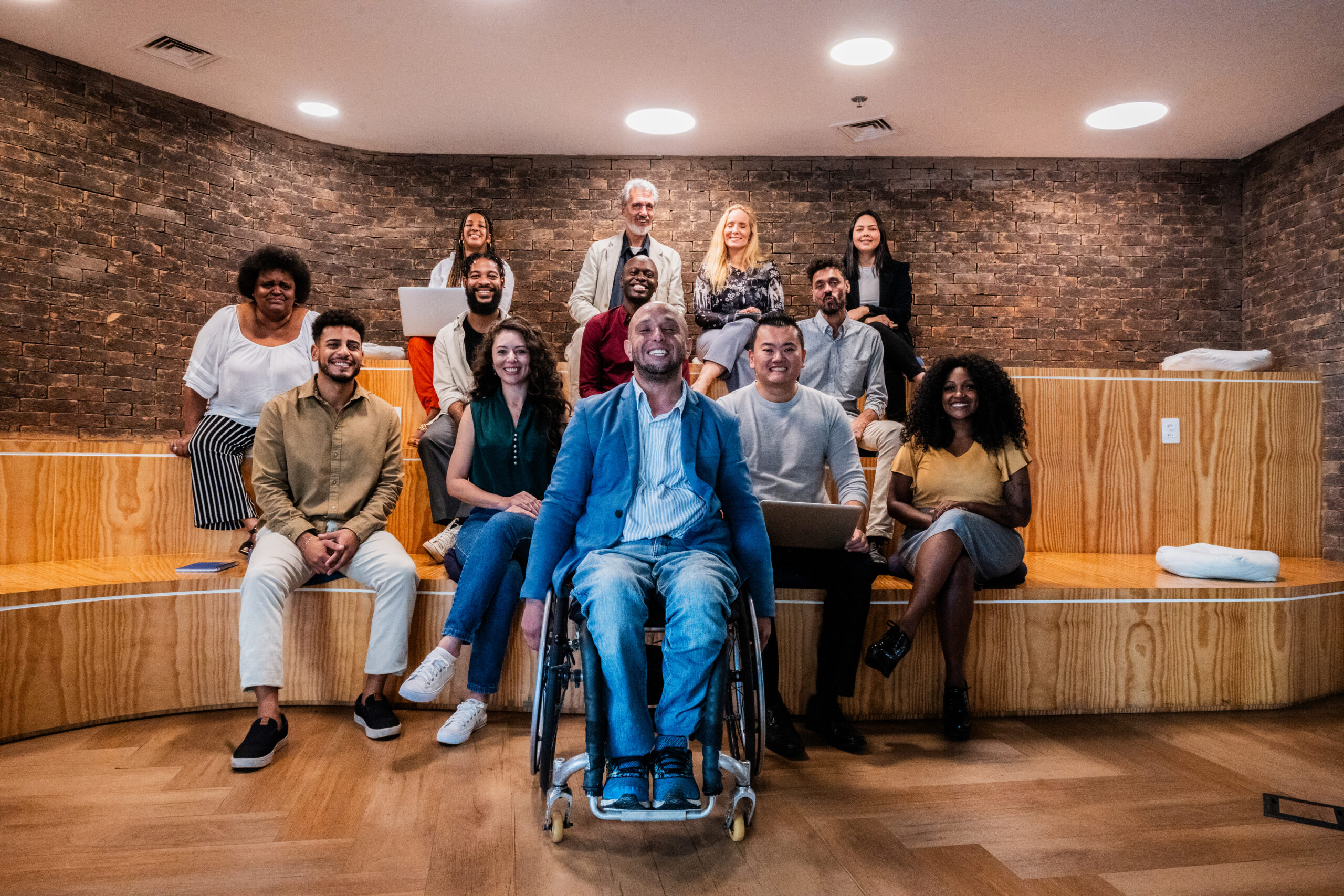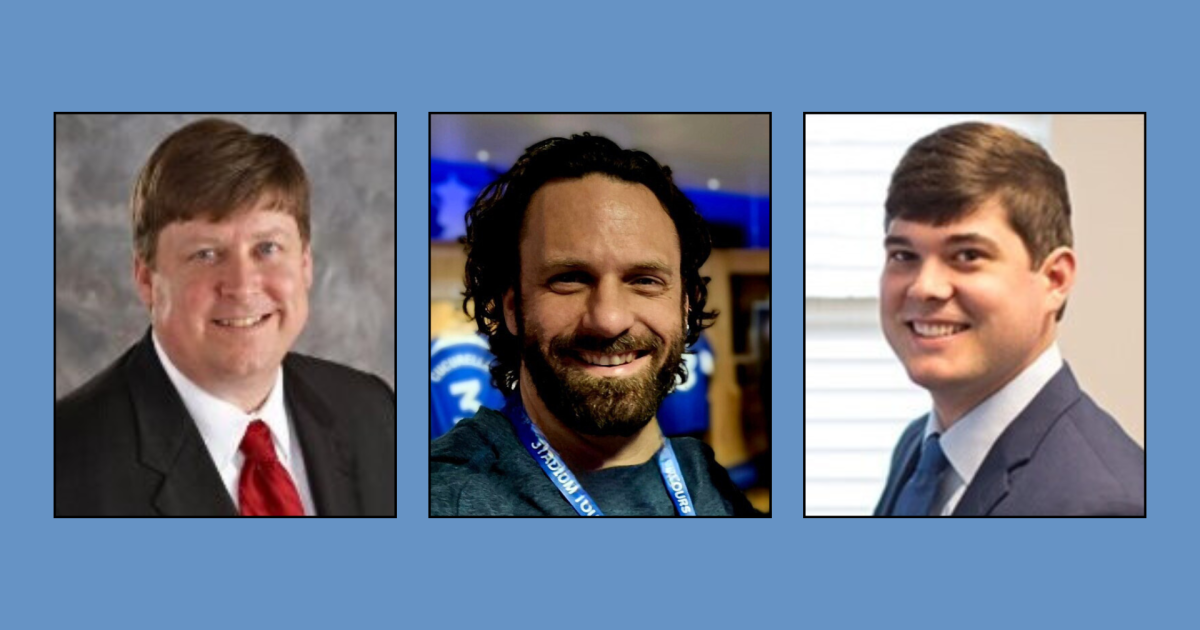Jacob Lund/Shutterstock
Two ways to succeed as a higher education professional might seem to work against each other. The first is being narrow, as in developing a specialized skill. The second is being generous, meaning that you will be kind to others by giving your time and energy to benefit the broad learning community that you serve.
You might be thinking, good luck with that. Yet there are many contradictions, or at least competing interests, in the higher education workplace.
Faculty must balance teaching, service, and scholarship, while administrators and staff must balance budgets while supporting the educational mission. Everyone must treat students, alumni, or other stakeholders with empathy. Each person is “more than a number,” but there are times when you have to analyze people as data.
Higher education is indeed a people business. To succeed, you must know yourself as well as others. In David Brooks’ book “How to Know a Person,” he wrote a chapter about asking the right questions which not only underscored the benefits of being narrow and generous, but also important aspects of success in careers, the job search, and the interview process.
Brooks shared how David Bradley evaluated candidates and made key hires while starting two successful consulting firms and as owner of The Atlantic magazine. The two things Bradley looked for happen to be markers of effective self-evaluation and efficacy in people-centric industries such as higher education.
Extreme Talents
Bradley is known for spotting “extreme talent.” This is essentially having a narrow, specialized skill.
“It doesn’t mean that you’re extraordinary at everything or even a big thing, but that you’re a really extraordinary — different in kind, not in degree — individual,” Bradley told his alma mater, Harvard Business School. “If you can build the enterprise with enough people with extreme talent, so much of the business strategy takes care of itself.”
He told Brooks that he doesn’t want someone who says they love teaching, but instead wants those who identify a specific task, like writing a lesson plan, working with remedial students, or one-on-one tutoring.
Applying extreme talents might seem perfect in academe. Professors have specialized research backgrounds and there’s all the different types of functional units that make up the academy that require non-instructional staff who far outnumber faculty.
Finding and cultivating an extreme talent is a matter of drilling down, or perhaps doubling down, on your unique, rare, and valuable skills. “People love to do the thing they are wired to do,” Bradley told Brooks.
There is a case for generalists in higher education, especially now that colleges and universities must operate more frugally and ask employees to be more resourceful. But knowing your extreme talents and communicating them in an interview can make all the difference in pursuing and obtaining a rewarding and satisfying job.
Spirit of Generosity
The second thing Bradley looks for when hiring is what he calls a “spirit of generosity.” Will this person be kind to others?
For how collaborative colleges and universities claim and require their employees to be, the institutional structures may not be in place to foster a spirit of generosity.
Earning a Ph.D. is a solo endeavor, and tenure and promotion can be a cut-throat process that creates isolation. There are turf wars among all the colleges, departments, divisions, and administrative units. There’s a reason “breaking silos” is a cliched solution that leads to successful institutional outcomes in higher education.
The nature of higher education demands that people be generous. It’s a community of people who support one another. Students especially are arriving on campuses with diverse needs. It’s not just academic remediation or mental health, but the desire for better social collisions that are not found elsewhere in a digital and individualistic society.
Employers want to know if you can get along with others and be a good colleague. People who “fit” are those who contribute to the culture and influence change. To use Brooks’ book title, they need to know “How to Know a Person.”
Ask Questions
OK, so you need extreme talents and a spirit of generosity. Great. But these aren’t innate traits that either you have or you don’t. You can develop both by asking questions.
Bradley was not the lead subject of Brooks’ chapter because he hired the right people — it was how he went about asking questions. He kept an index card in his pocket for when he met people. He asked questions about people’s goals, skills, and what they did with their precious time. He got to know them. He was curious.
“Asking good questions can be a weirdly vulnerable activity,” Brooks wrote. “You’re admitting that you don’t know. An insecure, self-protective world is a world with fewer questions.”
There are different worlds in higher education: different department cultures, different institutional goals. But by asking questions of yourself and others, you can develop the extreme talents and generosity needed to flourish in your career.




























